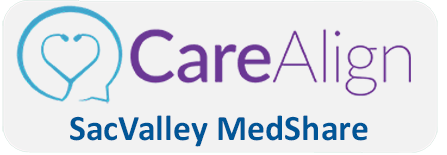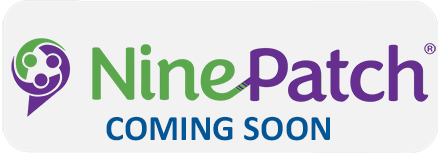AB 133, signed into law by Governor Gavin Newsom on July 27, 2021, is a significant step towards transforming healthcare in California. Here’s a breakdown of its key provisions and implications:
- Data Sharing Mandate:
- AB 133 mandates that various healthcare entities, termed “specified entities,” share health information with each other in real-time by January 31, 2024. Specified entities encompass a wide range, including hospitals, physician organizations, medical groups, skilled nursing facilities, health plans, and clinical laboratories.
- The aim is to establish a seamless and secure exchange of health data across the state, facilitating better patient care coordination and outcomes.
- Exemptions and Extensions:
- Some healthcare providers have until January 31, 2026, to comply with the data sharing mandate. This includes smaller physician practices, rehabilitation hospitals, long-term acute care hospitals, critical access hospitals, and certain clinics.
- The extended timeline acknowledges the varying capacities and resources among healthcare entities.
- Types of Health Information to be Shared:
- Hospitals, clinics, and physician practices must share a minimum set of health data, including immunizations, allergies, medications, and clinical notes. After October 6, 2022, they must share all “electronic health information” (EHI) as defined by relevant regulations.
- Health insurers and plans must share data required under the CMS Interoperability and Patient Access final rule, which encompasses claims and encounter information.
- California Health and Human Services Data Exchange Framework:
- The California Health and Human Services Agency (CHHSA) is tasked with establishing a comprehensive data exchange framework by July 1, 2022. This framework will include a unified data sharing agreement and policies governing health information exchange among entities and government agencies in the state.
- CalHHS Data Sharing Agreement (DSA) Signing Portal
- POLST eRegistry: Working Toward a Statewide POLST Registry in California
- AB 133 introduces the California POLST eRegistry Act, which establishes a statewide electronic registry for Physician Orders for Life Sustaining Treatment (POLST) information.
- This registry aims to centralize POLST information, making it accessible to authorized healthcare providers and ensuring patients’ treatment preferences are honored.
In summary, AB 133 represents a concerted effort to enhance healthcare delivery in California by promoting data interoperability, improving care coordination, and empowering patients to make informed decisions about their treatment preferences.




